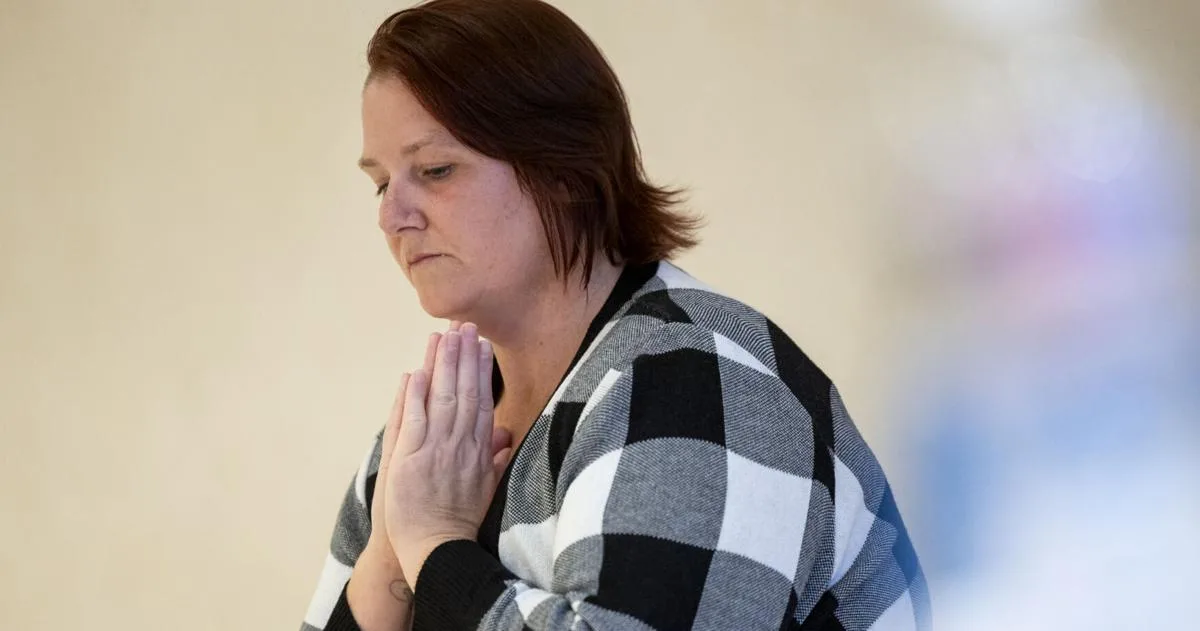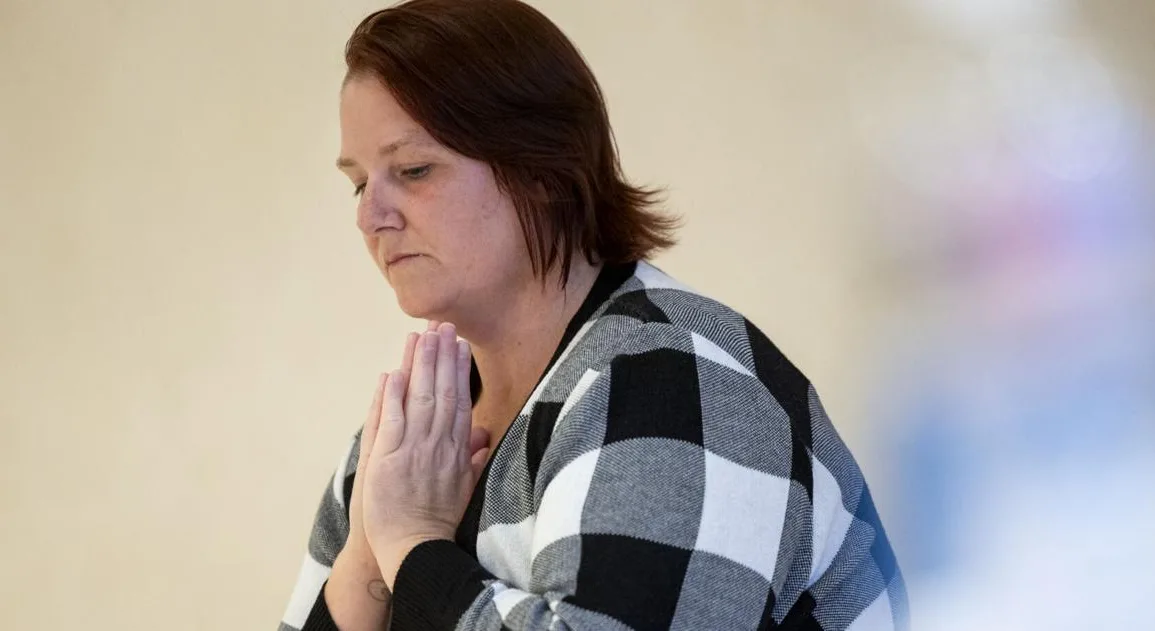
Joseph Jefferson-Dust arrived in Missoula on Monday evening after a six-hour motorcycle trip from Billings.
“I’m trying to regain my confidence, my dignity,” he said, still shivering from the ride. “I had a lot of those things and they were all taken away, like I was dehumanized. But now, I’ve been working on getting those things back.”
Jefferson-Dust is one of 10 clients the Montana Innocence Project has worked with since its inception in 2008. Monday marked the 10th annual Wrongful Conviction Day. Innocence Project leaders hosted a series of events in Missoula to commemorate the anniversary, including a panel with three Montanans with active wrongful conviction cases.
Jefferson-Dust was released from the Yellowstone County jail last fall. In 2015, a young girl falsely accused him of inappropriately touching her. He pleaded no contest to a criminal endangerment charge and was given a 10-year suspended sentence. His sentence was revoked on a technical probation violation.
People are also reading…
Missed time with family and loss of cultural experiences were two things he struggled with from his incarceration. Jefferson-Dust, who is a member of the Crow Tribe, recently attended the Crow Fair for the first time in seven years.
“A little bit has changed since then — a lot of stuff is really familiar,” he said. “It feels really comforting and soothing to hear the sounds and smell the smells and eat the food.”
Katie Garding was wrongfully convicted of vehicular homicide following a 2008 crash in East Missoula. Her conviction was overturned this past March by a Missoula judge.
Garding recalled thinking it was impossible a jury would convict her without proof, but she was found guilty and was incarcerated at the Montana Women’s Prison for about 10 years.
“I had complete faith in the justice system starting out,” she said.
Garding described the lengthy appeal process she worked on with the Montana Innocence Project.
“There’s many, many things that we had filed for numerous different times and every time had been shot down,” she said. Emotional stress from wrongful incarceration and hope that comes and goes was wearing on Garding.
“It’s just really hard to go through,” she said.
Bernard Pease Jr. was convicted in 1983 in a Billings murder case. He was granted parole in the fall of 2022 after serving nearly four decades for a crime he didn’t commit. He’s slowly getting settled back into his community and is adjusting to things like cost-of-living increases and how the world around him has changed since before his imprisonment.
Jefferson-Dust, Garding and Pease are three of thousands of people in the U.S. who have been found innocent of crimes they were convicted of. According to data provided by the National Registry of Exonerations, 3,385 innocent people have been exonerated since 1989.
Earlier on Monday, the Montana Innocence Project hosted a discussion with attorneys about the root causes of innocent people going to jail. False confessions, false allegations, official misconduct and discrimination are contributing factors to wrongful convictions.
Andrew Huff, senior policy and legal advisor at the Center for Indian Country Development, spoke about how in Montana, Native Americans are disproportionately incarcerated and arrested. Huff has represented Native American clients in criminal proceedings.
“Race has a huge impact on wrongful convictions — it’s clear in the stats nationwide,” he said. Two-thirds of all Innocent Project clients are Black and Indigenous people of color.
Statewide, Native Americans comprise about 7% of Montana’s population, but 19% of arrests, Huff said. Native Americans make up about 18% of the prison population in Montana.
“There’s some major disparities here with respect to the criminal justice system in Montana and with respect to Native Americans specifically,” Huff said.
Huff said in the years he’s practiced law in Montana, he’s seen considerable bias in criminal justice personnel who think reservations are lawless places.
“People with this bias don’t have the full story,” Huff said. “They don’t have the backstory. They don’t understand the history that may have led to some of these crime rates in Indian Country. And of course that leads to a lack of empathy.”
Because major crimes committed by Native people on tribal land are prosecuted federally, the corresponding sentences are often longer than they would be for the same crime prosecuted at the state level.
A 2008 report on sentencing disparities, for example, stated that in South Dakota, a person convicted of sexual assault in state court receives an average sentence of 29 months, whereas a Native American who committed the same crime on tribal land, would be prosecuted in federal court and receive an average sentence of 47 months.
Wrongful conviction cases take time. As Garding, Pease and Jefferson-Dust readjust to life post-incarceration after years behind bars, the three are waiting for full exonerations and to have their cases completely cleared.
“There’s always going to be a better outcome on the other side,” Garding said. “You just have to wait for it.”
Zoë Buchli is the criminal justice reporter for the Missoulian.



